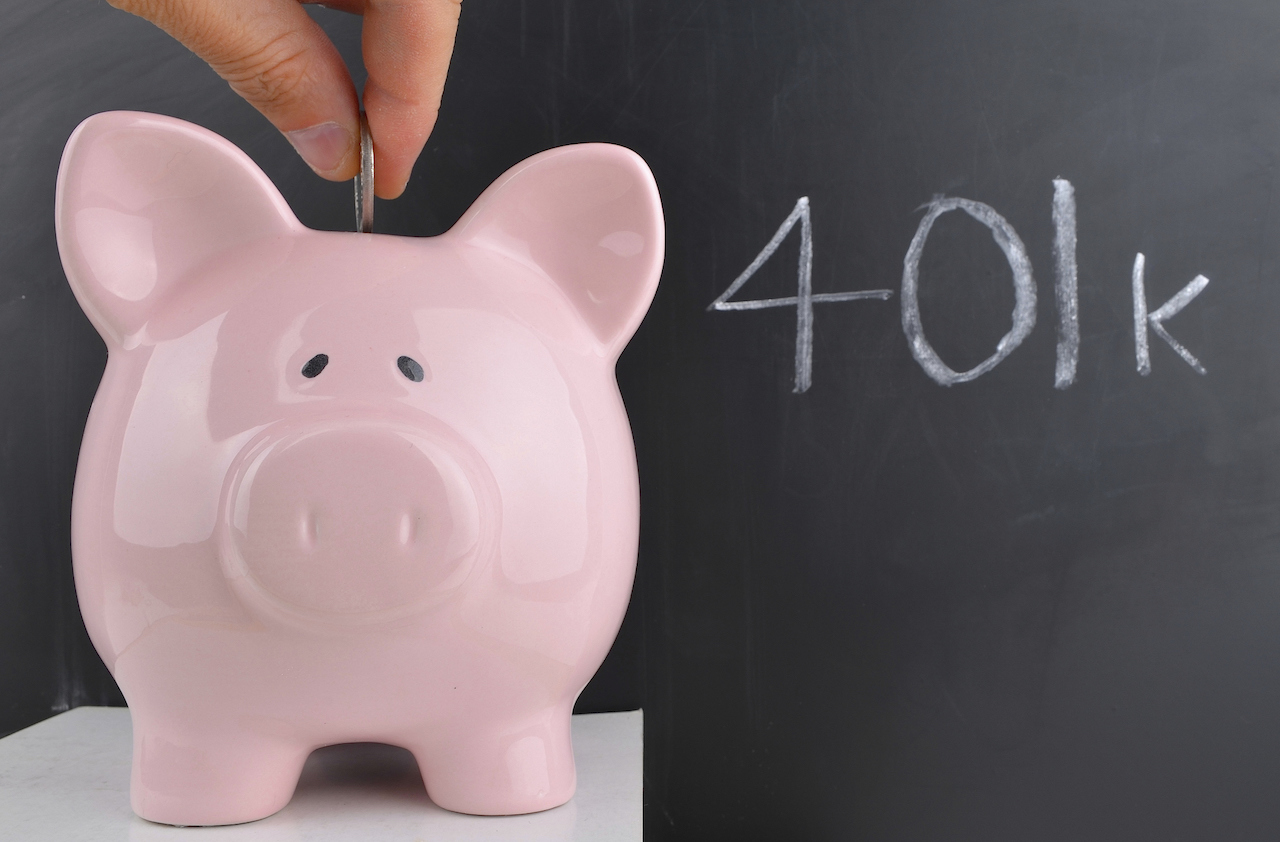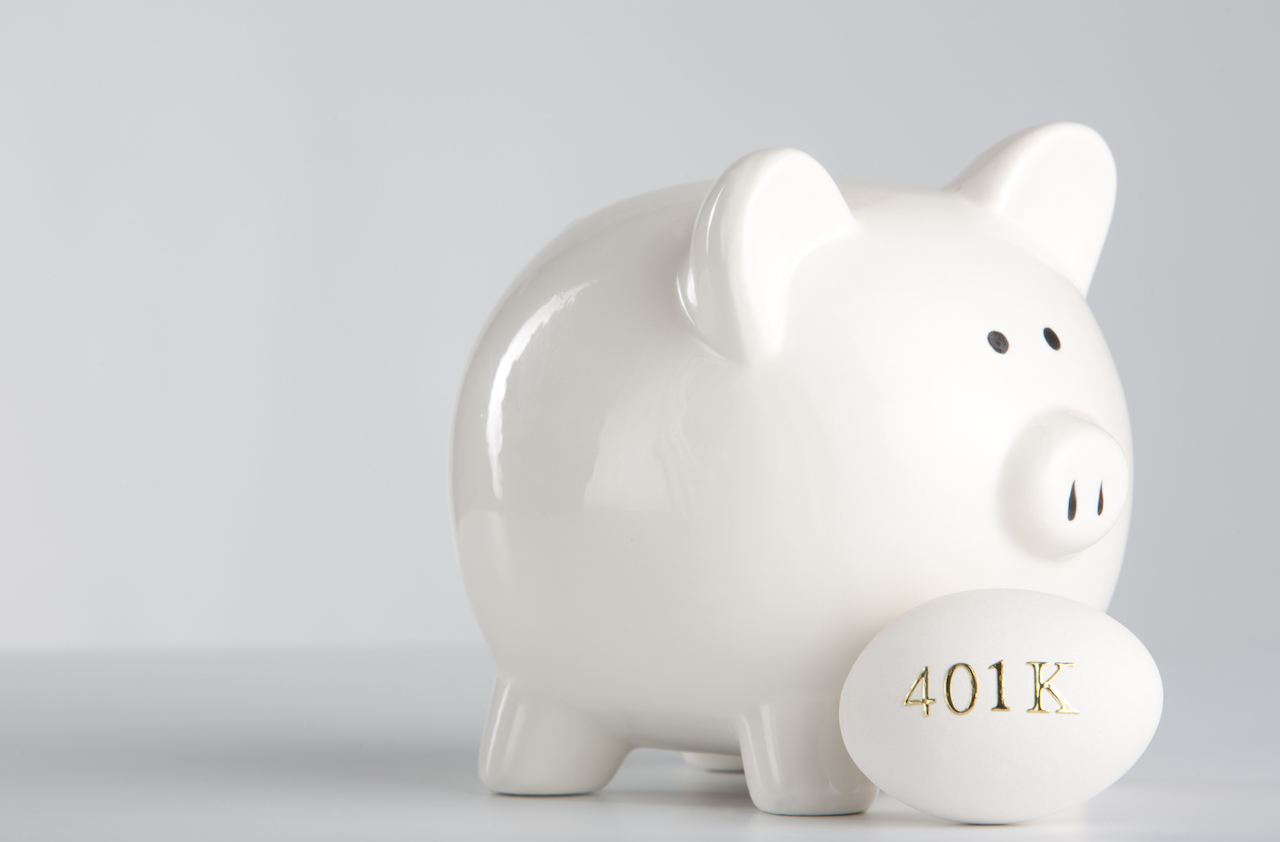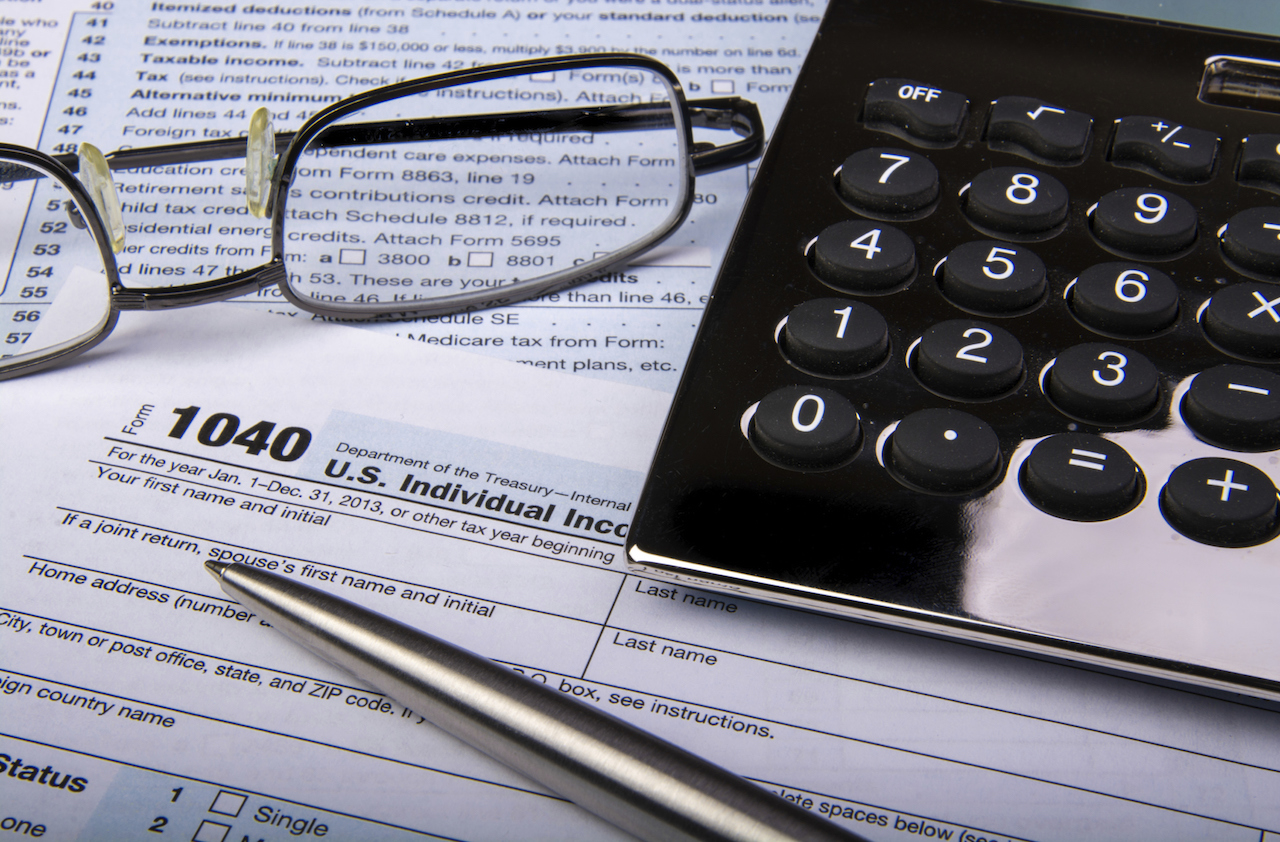Business Tax Preparation
Having the necessary information at hand will make doing your business taxes easier.

Profit and prosper with the best of Kiplinger's advice on investing, taxes, retirement, personal finance and much more. Delivered daily. Enter your email in the box and click Sign Me Up.
You are now subscribed
Your newsletter sign-up was successful
Want to add more newsletters?

Delivered daily
Kiplinger Today
Profit and prosper with the best of Kiplinger's advice on investing, taxes, retirement, personal finance and much more delivered daily. Smart money moves start here.

Sent five days a week
Kiplinger A Step Ahead
Get practical help to make better financial decisions in your everyday life, from spending to savings on top deals.

Delivered daily
Kiplinger Closing Bell
Get today's biggest financial and investing headlines delivered to your inbox every day the U.S. stock market is open.

Sent twice a week
Kiplinger Adviser Intel
Financial pros across the country share best practices and fresh tactics to preserve and grow your wealth.

Delivered weekly
Kiplinger Tax Tips
Trim your federal and state tax bills with practical tax-planning and tax-cutting strategies.

Sent twice a week
Kiplinger Retirement Tips
Your twice-a-week guide to planning and enjoying a financially secure and richly rewarding retirement

Sent bimonthly.
Kiplinger Adviser Angle
Insights for advisers, wealth managers and other financial professionals.

Sent twice a week
Kiplinger Investing Weekly
Your twice-a-week roundup of promising stocks, funds, companies and industries you should consider, ones you should avoid, and why.

Sent weekly for six weeks
Kiplinger Invest for Retirement
Your step-by-step six-part series on how to invest for retirement, from devising a successful strategy to exactly which investments to choose.
Preparing your own business tax return, especially for the first time, can be a frustrating experience if you don't have all the necessary information at your fingertips. Gathering certain documents before you begin will help you fend off the frustration.
Here's a list of items you may find helpful when preparing your business tax return:
- Last Year's Business Tax Return
- Articles of Incorporation
- Partnership Agreement
- Accounting Records
- Bank Statements
- Credit Card Statements
- Payroll Reports
- Detail of Asset Purchases
- Depreciation Schedules
- Detail of Asset Dispositions
- Vehicle Information
Last Year's Business Tax Return
Your previous year's tax return provides valuable information and can serve as a good roadmap for making your way through this year's return. For example, if you are preparing your own return for the first time, your prior-year return can verify the following:
From just $107.88 $24.99 for Kiplinger Personal Finance
Become a smarter, better informed investor. Subscribe from just $107.88 $24.99, plus get up to 4 Special Issues

Sign up for Kiplinger’s Free Newsletters
Profit and prosper with the best of expert advice on investing, taxes, retirement, personal finance and more - straight to your e-mail.
Profit and prosper with the best of expert advice - straight to your e-mail.
- The method you use for tracking your business finances (cash vs. accrual)
- Your federal tax ID number
- The date you incorporated or started your business
- The date you elected to become an S corporation
- Your business code number and business activity descriptions
- The method you use for tracking your inventory (if applicable)
- Your beginning balance sheet amounts (these will be the prior year's ending balance sheet amounts on Schedule L)
- Shareholder or partner information if there are no changes
Your previous year's return also is a great comparison tool once you complete your current-year tax return. It can raise red flags about possible missed deductions or items that seem unusually large or small in comparison to the prior year.
Articles of Incorporation
If you don't have your prior-year tax return or are filing a tax return for a newly incorporated business, your articles of incorporation provide certain necessary information.
- List of officers
- List of shareholders and possibly ownership percentages (if an S corporation)
- The state in which you incorporated your business
Partnership Agreement
Without a prior-year tax return your partnership agreement is the best source of the following:
- Date the partnership started
- List of partners
- The amount of money each partner initially put into the partnership, and current ownership percentages
- Details about any specific income or expense items that are NOT allocated based on profit, loss or ownership percentages
- The method you use for tracking your business finances
Accounting Records
Income and expense records are the basis of your tax return. Depending on your level of gross receipts and assets, you may need balance sheet information as well. If you use accounting software, such as QuickBooks or Quicken, to record your financial information, print out a Profit and Loss Statement and a Balance Sheet for quick reference as you begin your tax return. If not, you may wish to compile this information in an Excel spreadsheet. Regardless of which software you use, organizing your accounting records makes tax preparation much easier.
Bank Statements
Your bank statements or checking account records are a window into your income and expense activity for the year, particularly if you don't already have organized accounting records. Analyzing deposits and expenditures will enable you to categorize income and deductions to prepare your tax return. It's a good idea to reconcile your ending cash balance to the checking account balance on your last bank statement of the year to ensure you've captured all cash transactions in your accounting records.
Credit Card Statements
Small business owners often don't have time to keep track of day-to-day expenditures such as gas, parking, meals, supplies, equipment and other items. But knowing how much you've spent on them can be important at tax time when it comes to calculating your write-offs. Your credit card statements can be a big help in sorting out these expenses, so keep those statements handy. Particularly valuable will be a year-end summary statement which breaks down expenditures by category, if your card issuer provides one.
Payroll Reports
Your payroll tax filings, both federal and state, will help ensure that you have the correct payroll and payroll tax expenses in your accounting records. Remember that the payroll taxes you withhold from your employees' wages are not an expense to the business.
Detail of Asset Purchases
Major assets you buy for the business often aren't fully deductible in the year they are purchased but must be written off, or depreciated, over a number of years. Have the following information available for these assets:
- Cost of the asset, including any sales tax paid
- Description of the asset
- Date put into service
- Amount of time the asset is used for the business (versus for personal use), stated as a percentage of total use
Depreciation Schedules
If you're preparing your own tax return for the first time, you'll need to enter the details of the business's existing depreciable assets up to this tax year into the software. The software will calculate the depreciation on these assets going forward. You'll need the following:
- Description of the asset
- Date put into service
- Original cost of the asset
- Accumulated depreciation up to this tax year
- Business use percentage (if applicable)
- Recovery period of the asset (3 years, 5 years, 7 years, etc.)
- Any Section 179 Expense (or first-year expense) taken in the first year of service
Detail of Asset Dispositions
If your business sold any depreciable assets during the year, you'll need the following information to calculate any gain or loss on the sales for tax reporting purposes.
- Description of the asset
- Date of sale
- Sales price of the asset
- Any expenses of the sale
- Accumulated depreciation (if not calculated by the software)
Vehicle Information
If the business owns any vehicles that are used by employees or shareholders/partners for personal and business use, you'll need the following mileage data:
- Miles driven for business
- Personal miles
- Commuting miles
Taking a little time to gather your tax-related documents will pay off, in time saved and frustration eliminated.
Return to the Tax Center
Profit and prosper with the best of Kiplinger's advice on investing, taxes, retirement, personal finance and much more. Delivered daily. Enter your email in the box and click Sign Me Up.

-
 Dow Leads in Mixed Session on Amgen Earnings: Stock Market Today
Dow Leads in Mixed Session on Amgen Earnings: Stock Market TodayThe rest of Wall Street struggled as Advanced Micro Devices earnings caused a chip-stock sell-off.
-
 How to Watch the 2026 Winter Olympics Without Overpaying
How to Watch the 2026 Winter Olympics Without OverpayingHere’s how to stream the 2026 Winter Olympics live, including low-cost viewing options, Peacock access and ways to catch your favorite athletes and events from anywhere.
-
 Here’s How to Stream the Super Bowl for Less
Here’s How to Stream the Super Bowl for LessWe'll show you the least expensive ways to stream football's biggest event.
-
 Understanding Capital Gains and Losses
Understanding Capital Gains and Lossescapital gains tax What's a capital asset, and how much tax do I have to pay when I sell?
-
 Know the Rules of Your 401(k)
Know the Rules of Your 401(k)401(k)s There are all sorts of regulations controlling how money goes in and comes out of a 401(k). Knowing them is crucial.
-
 Padding Your 401(k)
Padding Your 401(k)taxes Try these money-saving moves to help boost your contributions.
-
 Employee Stock Ownership Plans and Profit-Sharing Plans
Employee Stock Ownership Plans and Profit-Sharing Planstaxes These plans, which let employees share in their companies' profits, have advantages and disadvantages.
-
 What's Your Deduction?
What's Your Deduction?Tax Breaks What made the original IRA a no-brainer investment was a simple, indisputable fact: Contributions were deductible.
-
 Four Facts of Living Trusts
Four Facts of Living Truststaxes Trusts are a valuable tool, but they may not be for everyone. It pays to know the ins and outs before you put your trust in a trust.
-
Tax Changes Ring in the New Year
taxes As you prepare to fill out your 2010 tax return, take note of new tax rules that will apply for 2011.
-
Tax Hikes for Small Business?
business Would higher taxes for upper incomers put a damper on small business?